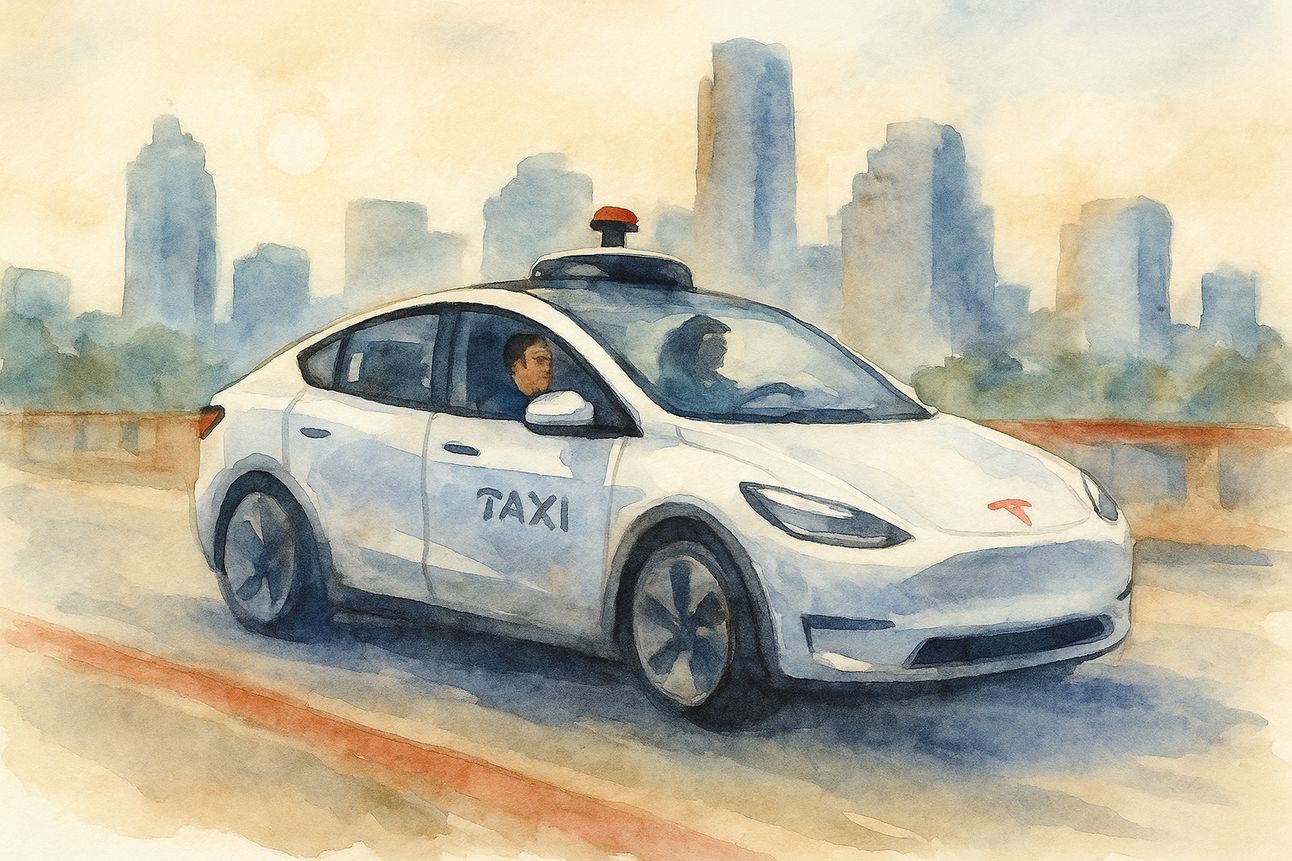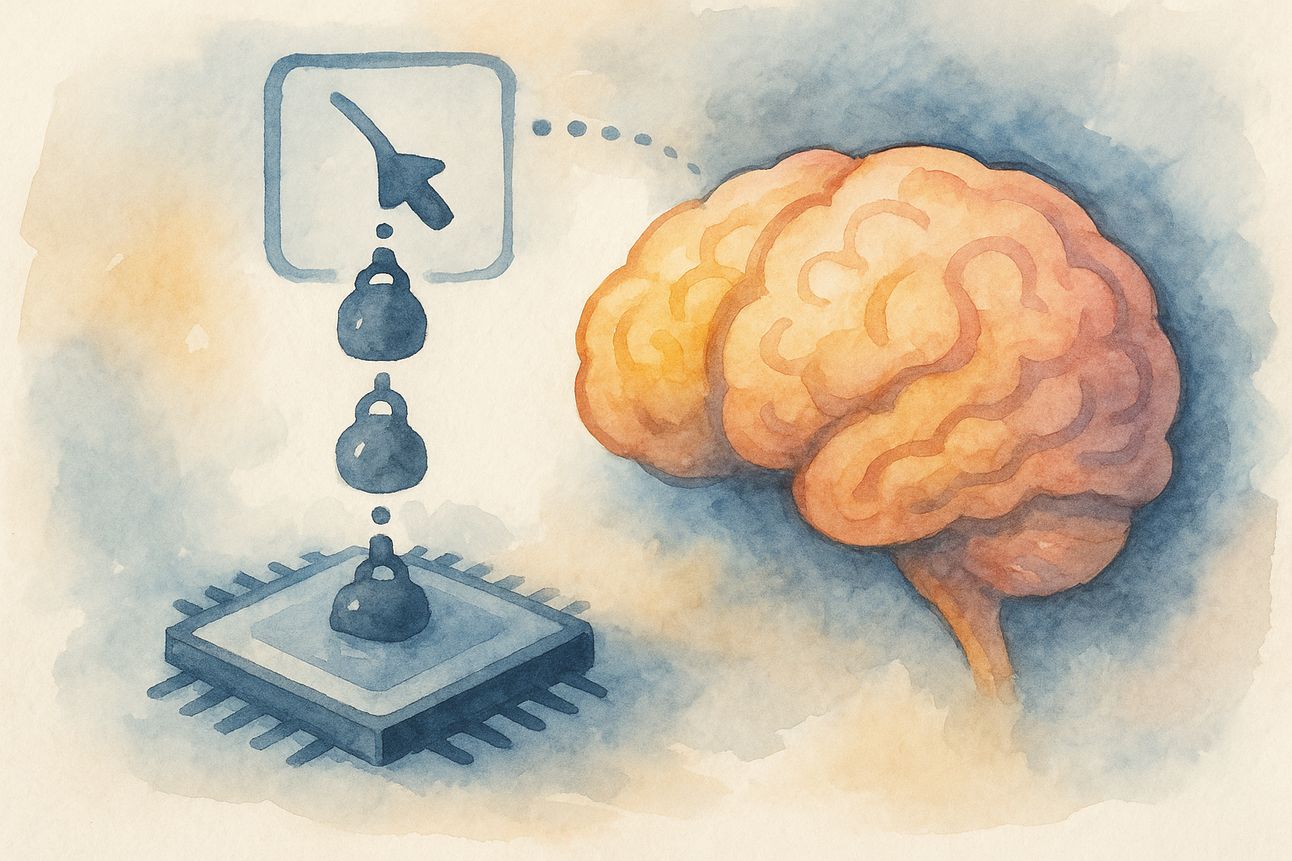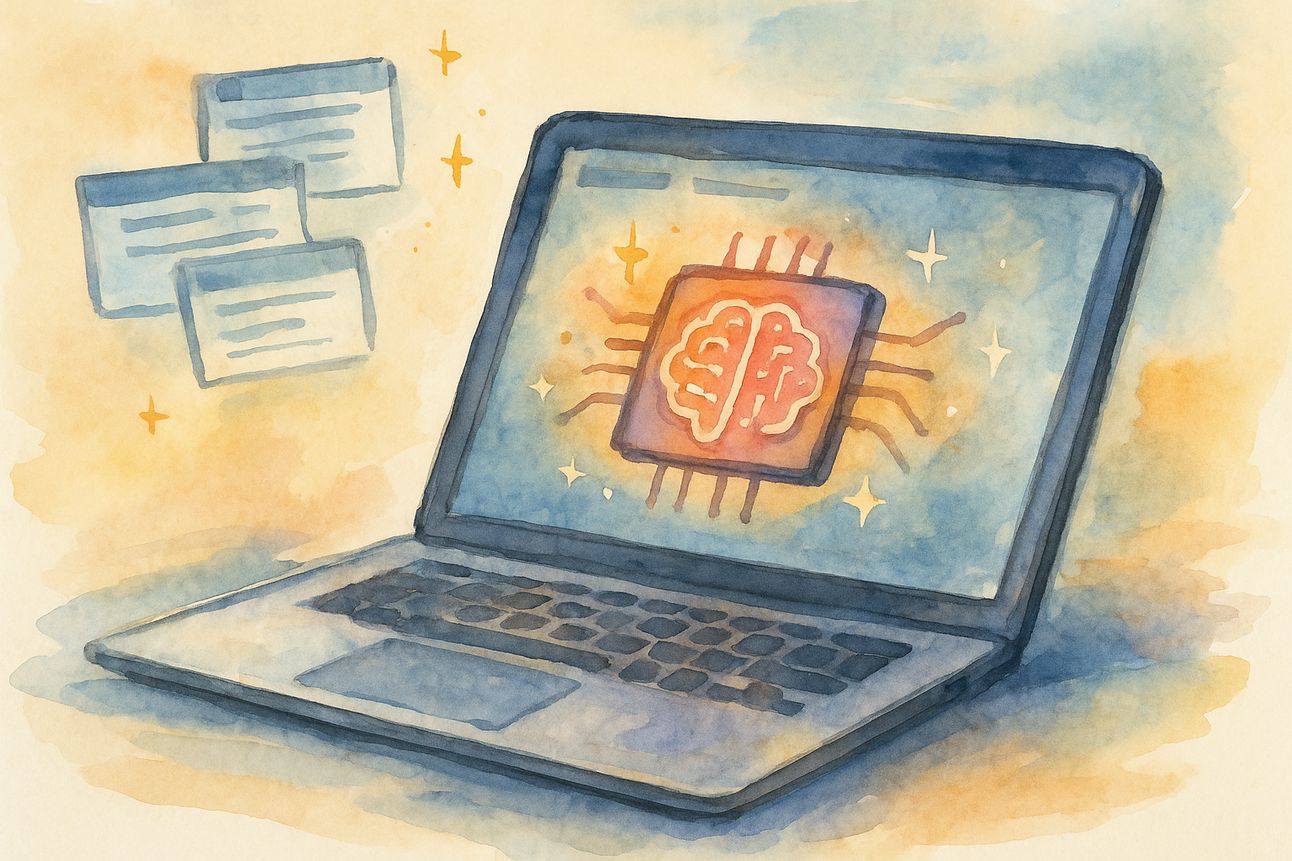- The Recap AI
- Posts
- Tesla's AI robotaxis are here, with a catch
Tesla's AI robotaxis are here, with a catch
PLUS: Training-free model customization, Legal AI's $5B valuation, and Google's on-device AI push
Good morning, AI enthusiast.
Tesla's long-awaited robotaxi service has officially launched in Austin, Texas, allowing early-access users to hail a driverless vehicle. The debut, however, comes with a significant caveat, as every ride includes a human 'safety monitor' in the passenger seat.
This controlled rollout serves as the first major real-world test for Tesla's unique camera-only AI system. With the role of the human monitor still ambiguous, it raises the key question of whether this is a genuine leap for autonomous driving or simply a public beta in disguise.
In today’s AI recap:
Tesla’s robotaxis launch with a human monitor
A new method for training-free AI customization
Legal AI startup Harvey hits $5B valuation
Google adds on-device AI to its Chromebooks
Robotaxis Hit the Streets

The Recap: After a decade of anticipation, Tesla has launched its robotaxi service in Austin, Texas. Early-access users can now hail driverless Model Y SUVs, though each vehicle includes a human "safety monitor" in the passenger seat.
Unpacked:
The service is the first major test of Tesla’s camera-only approach, which relies on end-to-end AI and avoids the lidar sensors used by competitors like Waymo.
The role of the human "safety monitor" remains ambiguous, especially as some observers noted vehicles making mistakes without any apparent intervention from the employee.
The initial rollout is highly controlled, with about 10 cars operating in a small part of Austin for a select group of invitees, and the company is actively limiting public information about the trial.
Bottom line: This launch is a significant step for Tesla’s autonomous driving ambitions, putting its unique AI strategy to a real-world test. The results will be critical in determining the viability of vision-based autonomy and shaping the competitive landscape.
Training-Free AI Customization

The Recap: A new research paper introduces "Drag-and-DropLLMs," a method that generates task-specific AI parameters directly from a text prompt in seconds. This approach effectively skips the costly and time-consuming fine-tuning process.
Unpacked:
The model works by bypassing gradient descent entirely, instead using a trained generator that has learned how to map data prompts directly to optimal model weights.
This process delivers incredible efficiency, achieving up to 12,000x lower computational overhead compared to traditional full fine-tuning methods.
It outperforms other tuning techniques like few-shot and in-context learning in many tests and crucially only requires unlabeled prompts, not curated examples with answers.
Bottom line: This technique could dramatically lower the barrier for creating highly specialized AI models for niche tasks. It moves the ecosystem closer to a future where anyone can generate a custom AI on-demand, without needing massive datasets or compute resources.
Where AI Experts Share Their Best Work
Join our Free AI Automation Community
Join our FREE community AI Automation Mastery — where entrepreneurs, AI builders, and AI agency owners share templates, solve problems together, and learn from each other's wins (and mistakes).
What makes our community different:
Real peer support from people building actual AI businesses
Complete access to download our automation library of battle-tested n8n templates
Collaborate and problem-solve with AI experts when you get stuck
Dive into our course materials, collaborate with experienced builders, and turn automation challenges into shared wins. Join here (completely free).
Legal AI's $5B Moment

The Recap: Legal AI startup Harvey just raised $300 million at a massive $5 billion valuation, showcasing immense investor confidence in automating professional services. This new funding comes just four months after a round that valued the company at $3 billion.
Unpacked:
The company's revenue is accelerating, hitting a $75 million annualized run-rate in April after being at $50 million earlier in the year.
With the new capital, Harvey plans to double its headcount from 340 employees and expand beyond legal into other professional services like tax accounting.
Its platform is built on top of leading foundation models from companies like OpenAI and Anthropic, which it then customizes with private data from each client.
Bottom line: Harvey’s rapid valuation jump signals that investors are betting heavily on AI to automate complex professional tasks, not just general consumer ones. This intense focus on vertical AI is poised to challenge traditional business models across high-stakes industries like law and accounting.
Google's On-Device AI Push

The Recap: Google is bringing new Gemini features to its entire Chromebook Plus lineup, debuting its first on-device AI capabilities on the new Lenovo Chromebook Plus 14.
Unpacked:
The new Lenovo model introduces on-device AI, using a MediaTek Kompanio Ultra processor with a dedicated NPU to handle tasks like organizing tabs and editing photos locally for increased speed and privacy.
Broader AI upgrades are rolling out to all Chromebook Plus devices, including a 'Help me read' feature to simplify text and an updated Quick Insert key to generate AI images on demand.
This AI push is powered by new hardware, with the Lenovo machine boasting the strongest ARM chip in a Chromebook yet, capable of 50 TOPS of AI throughput.
Bottom line: This move positions ChromeOS as a direct competitor to Microsoft's new Copilot+ PCs by bringing powerful local AI to more accessible hardware. For users, this shift delivers faster and more private AI assistance, marking a significant step forward for the entire Chromebook ecosystem.
The Shortlist
Databricks announced the Laude Institute, a new AI research fund backed by a $100M pledge from co-founder Andy Konwinski to catalyze independent and beneficial AI research.
OpenAI scrubbed online mentions of its hardware partner ‘io’ after a trademark complaint from Iyo, an earbud startup spun out of Google, though its $6.4B deal with Jony Ive's firm remains in place.
Oxford research reveals a massive AI compute divide, with specialized data centers in only 32 countries and US companies operating 87 of the world's AI hubs, leaving continents like Africa and South America almost entirely excluded.
Dot Ai surged in its Nasdaq debut after the asset intelligence firm went public via a SPAC merger, with shares closing at $38 after trading as high as $74.
What did you think of today's email?Before you go we’d love to know what you thought of today's newsletter. We read every single message to help improve The Recap experience. |
Signing off,
David, Lucas, Mitchell — The Recap editorial team
